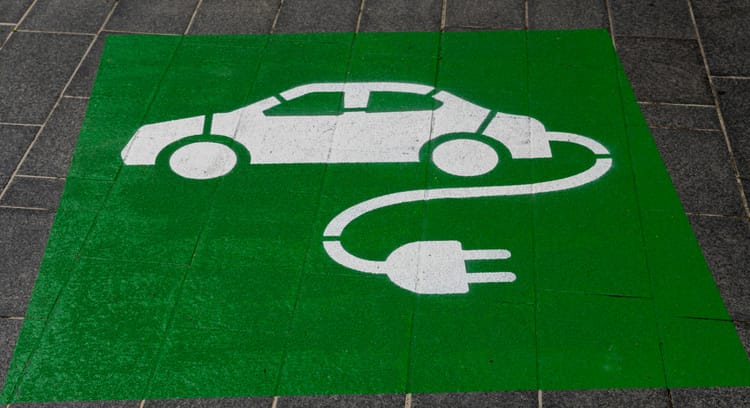CSDDD: Back to the drawing board after EU Council rejects draft

The Belgian Presidency of the European Council failed to garner enough support to pass the Corporate Sustainability Due Diligence Directive (CSDDD) this Wednesday. EU legislators now have a small window of time to agree on a new draft if they are to get the law over the line before June’s parliamentary elections.
“What happened today is very concerning,” said EU Parliament Rapporteur Lara Wolters. “The failure of member states to approve this agreement is an outrage to me. This law should be a global landmark to hold companies to account and incentivise responsible business conduct, and companies are already preparing to implement it. Now every effort has been made to reach a majority and there is significant public pressure from business and civil society to do so. Instead member states are listening to a minority of extreme business voices who have so far rejected every proposal and continue to do so.”
‘Where is the accountability?’
The vote to pass the EU’s flagship supply chain due diligence regulation took place on February 28 after being postponed earlier this month due to several countries withdrawing their support. After the draft was rejected, the Belgian presidency deplored the fact that “the necessary support wasn’t found”.
“We now have to consider the state of play and will see if it’s possible to address the concerns put forward by member states, in consultation with the European Parliament,” the presidency added.
Many NGOs and business groups back the CSDDD, and the member states that are now rejecting it were actively involved in getting to an agreement on the draft – but in recent weeks corporate associations have pressured the governments of Germany, Italy and France to vote against the law.
France reportedly asked the EU Council to reduce the scope of the CSDDD from companies with 500 employees to those with 5,000 employees or more – a twist that caused observers like Richard Gardiner, Head of Eu Public Policy and the World Benchmarking Alliance to denounce the “absurdity of the EU legislative format” “Where is the accountability for such last minute and disruptive proposals? How can such a big proposal possibly be discussed at this late stage?” he asked his Linkedin followers.
What next for CSDDD?
Now that the draft agreed on last December has been rejected, the European Council and Parliament will need to negotiate another text, which then has to be approved by both entities to be ratified. All this needs to happen by the end of April, when the EU Parliament will hold its last plenary session before the June elections.
“As the European elections approach, there is still time for member states to get their act together and to stop blocking this law. But that time is rapidly running out. The time for political posturing is over. Now it's time to get serious about delivering for citizens and I look forward to hearing more from the Council today about how they plan to address the issue at hand,” said Parliament Rapporteur Wolters.
If member states fail to reach an agreement, it’s likely that the CSDDD project will be tabled, and each country will continue to work on its own supply chain due diligence legislation. “Fall of the directive would lead to a fragmented internal market and a patchwork of national legislation on responsible business conduct. The lack of an EU-level law would be a slap in the face to thousands of companies that already have in place due diligence processes in line with international standards and expect a level playing field,” warned Finnish MEP Heidi Hautala.
Read also: What would a failed CSDDD mean for businesses?
Several NGOs including WWF and the Environmental Justice Foundation lamented the outcome of today’s vote, while Gabrielle Holly, Chief Advisor of the Danish Institute for Human Rights called on European legislators to come to an agreement and ensure that the initiative does not fail. “This is a once in a generation law which will harmonise efforts to secure a future where businesses play their part in addressing the urgent human rights and environmental challenges we face globally,” she added.







Member discussion